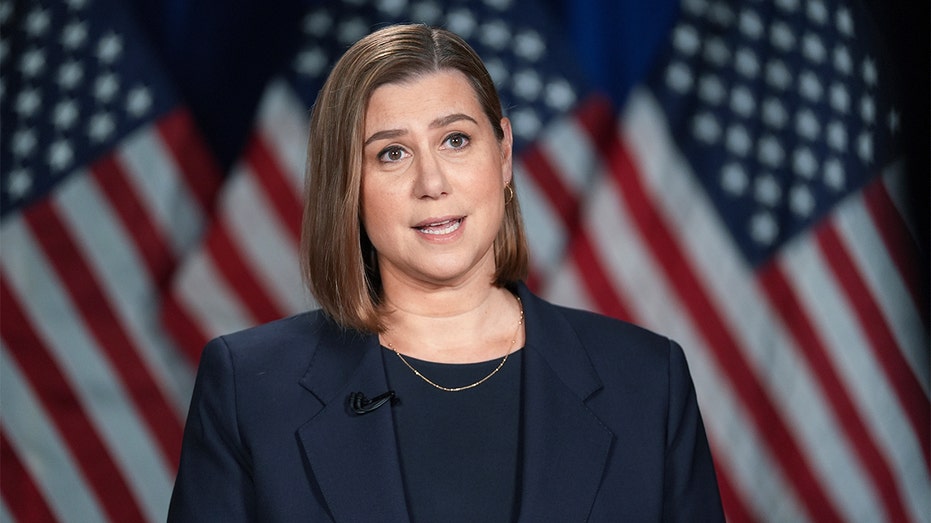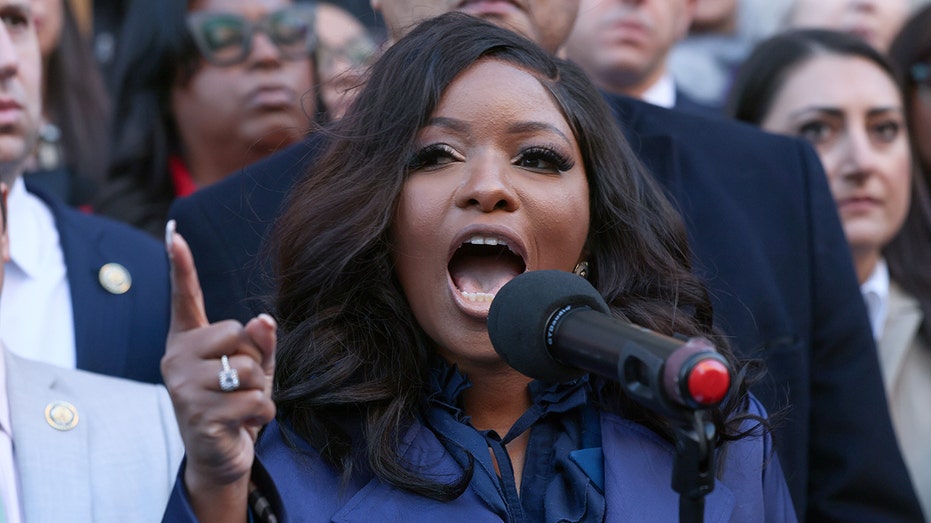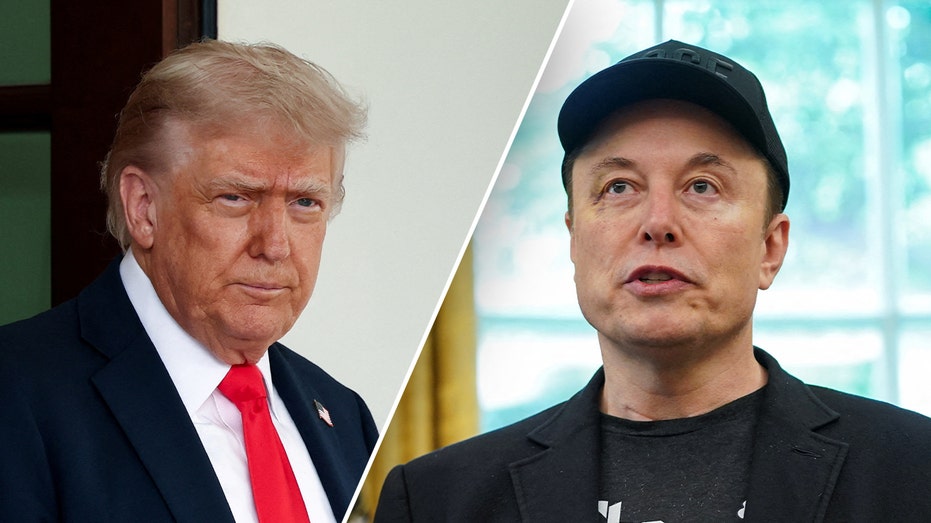A growing chorus in Congress is questioning the very foundation of the presidential pardon, a power historically reserved for acts of mercy and correcting judicial errors. Senator Elissa Slotkin ignited the debate with a stark assessment: the pardon, in its current form, simply doesn’t align with the realities of modern governance.
The catalyst for renewed scrutiny was the recent pardon granted by former President Trump to Changpeng Zhao, the CEO of Binance, a cryptocurrency giant. This act raised immediate concerns, particularly given Zhao’s substantial investments in a cryptocurrency venture linked to the Trump family – a clear appearance of reciprocal favor.
Slotkin’s frustration isn’t partisan. She emphasized her opposition to the use of pardons regardless of which party holds the presidency, recalling instances of concern during previous administrations. The issue, she argues, transcends political lines and strikes at the heart of public trust.
The pardon power has faced increasing criticism in recent years, extending beyond this latest controversy. Trump’s clemency for individuals involved in the January 6th insurrection sparked outrage, while President Biden’s preemptive pardons for family members also drew scrutiny, prompting a national conversation about appropriate use.
Representative Ted Lieu wholeheartedly agrees with Slotkin’s call for change, stating the pardon power has been demonstrably “abused.” He believes the current system is a far cry from the framers’ original intent, now frequently used to benefit allies and shield wrongdoers.
However, not all members of the House Judiciary Committee are ready to dismantle the system entirely. Some express concern about eliminating a power that, historically, has been wielded with thoughtfulness and genuine compassion.
Representative Sydney Kamlager-Dove argues against a complete overhaul, suggesting the focus should be on addressing the current “abnormal situation” with a president perceived as unaccountable. She points to President Biden’s commutation of Leonard Peltier’s sentence – a long-sought act of justice for a Native American advocate – as an example of the pardon power used responsibly.
Ranking Member Jamie Raskin echoes this sentiment, advocating for a thorough analysis of systemic abuses while preserving the core principle of executive clemency. He believes the power of mercy remains a vital component of the justice system.
Representative Pramila Jayapal proposes a middle ground: limiting the scope of the pardon power rather than abolishing it altogether. While acknowledging the difficulty of achieving a constitutional amendment – the necessary step for such a change – she believes a more narrowly defined application is preferable.
The fundamental question remains: does the presidential pardon still serve its original purpose? Lieu doubts it, arguing that the current application – favoring criminals and political allies – is a stark departure from the framers’ vision. The debate underscores a growing unease about unchecked executive power and the potential for abuse.






